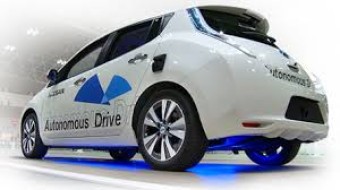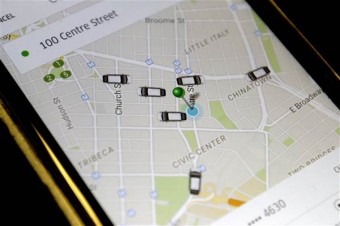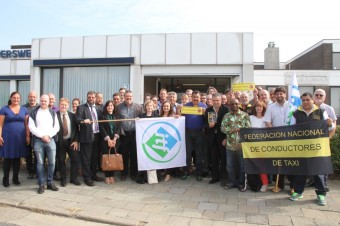West Midlands opens new Whim/MaaS system
According to Smarthighways.net West, travellers in the West Midlands could soon benefit from a new integrated transport system allowing them to access multi-modal ‘Mobility as a Service’ (MaaS) via their smartphones.
The service Whim, by the MaaS operator MaaS Global, will be launched in the West Midlands metropolitan area soon. The launch follows a Memorandum of Understanding (MoU) by the West Midlands Combined Authority, transport service providers National Express and SilverRail, Birmingham City Council and MaaS Global. Other transport companies will be welcomed onboard the Whim service in the future.
The alliance says the MaaS concept means looking after people’s daily mobility needs with a single service, which can be used either on a subscription or pay-as-you-go basis. It believes that in West Midlands, MaaS can transform how over 5.5 million people get from A to B – including commuters in Britain’s second most populous city, Birmingham. Kaj Pyyhtiä, the Co-Founder and CXO of MaaS Global, sees enormous potential in the region saying, “This is an incredibly exciting location for us to start our first international operation. With their open and forward looking approach, Transport for West Midlands, and local transport service providers from National Express and SilverRail to Enterprise are the true enablers of bringing MaaS to the UK. The ongoing support of Transport Systems Catapult has also been invaluable – we simply couldn’t have found better partners.”
The world’s first capital region MaaS service is already in operation in Helsinki, Finland, where MaaS Global has launched the Whim mobile app – initially for a limited group of test users. Whim, which will be released in Birmingham and West Midlands metropolitan area in the spring, will integrate public transport, hire cars, taxis, trains, bikes and more to take people door to door as easily as possible. MaaS Global says it has proven immensely popular in Finland, with a growing list of users on the waiting list before this year’s public launch.
The MoU commits all the signed parties to develop MaaS in West Midlands, with a shared goal to build an attractive, comprehensive and convenient service with long-term viability. Councillor Roger Lawrence, lead member for transport for the WMCA, see MaaS as a great idea to encourage people to consider how they get about other than with the private car. “Mobility as a Service can transform how people get about this region and by doing so help free up our roads and tackle the scourge of congestion which costs this region billions of pounds a year,” he said.
- West Midlands Combined Authority and MaaS Global are both members of the MaaS Alliance.









